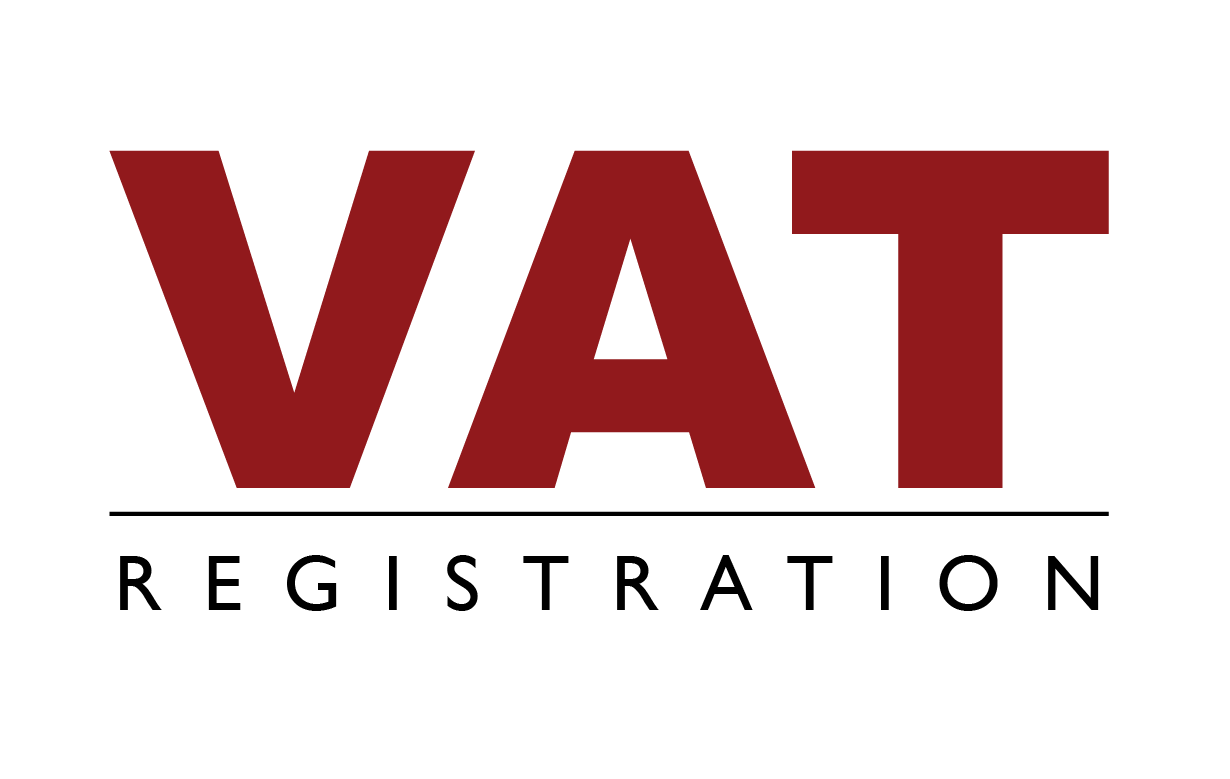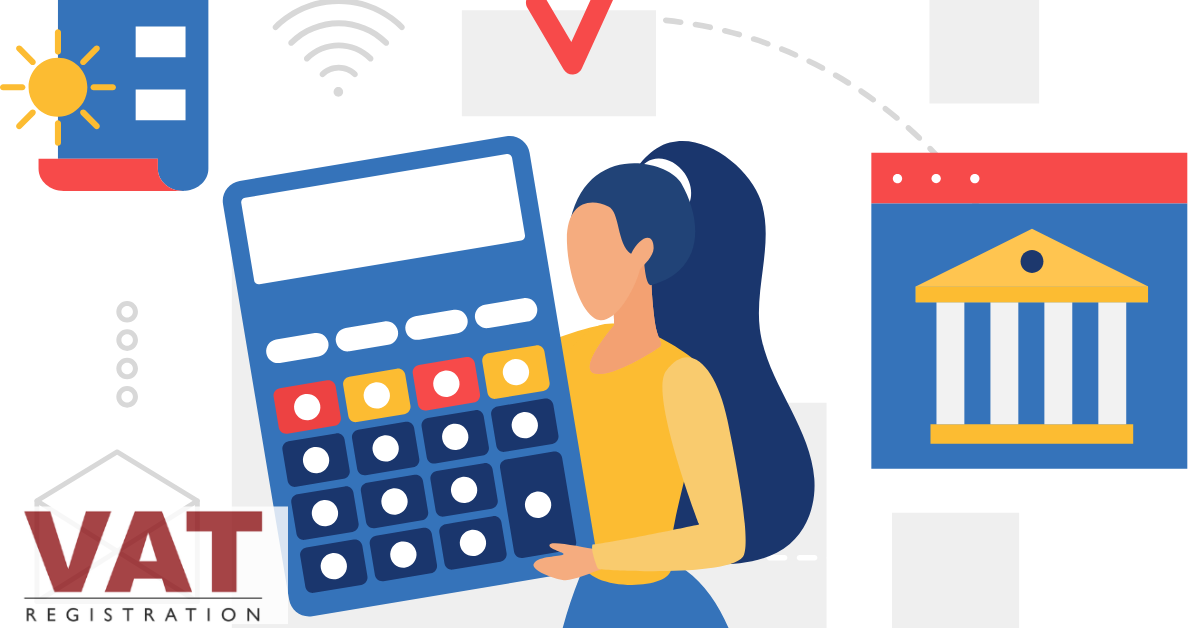Demystifying VAT for Commercial Property in the UAE: A Complete Guide
Before we get into the nitty-gritty of VAT, it’s crucial to distinguish between residential and commercial properties in the eyes of the Federal Tax Authority (FTA) in the UAE.
A residential building is a property intended for individual occupancy for VAT purposes. This includes both standalone houses and buildings occupied as main residences. It’s essential to note that residential buildings do not include:
- Any movable structure not fixed to the ground.
- Buildings used as hotels, hostels, hospitals, or similar establishments.
- Hotel apartments offer additional services besides accommodation.
- Buildings constructed or converted without proper legal authorization.
In contrast, a commercial building encompasses a range of properties other than residential buildings. These include offices, stores, hotels, and shops.
VAT Rates for Residential and Commercial Real Estate
The FTA has set clear conditions and controls concerning VAT for the real estate sector. The core principle is that commercial real estate, whether for sale or rent, is generally subject to the standard VAT rate of 5%. On the other hand, residential real estate is exempt from VAT, except for the first supply during the first three years of construction, which is subject to a zero rate.
VAT Registration for Commercial Property in the UAE
VAT registration is a significant aspect for property owners, and it is essential to understand when it applies. The rules for VAT registration in the UAE can be summarized as follows:
- Residential Property Owners: If you solely own a residential property and have no other business activities, you are not required to register for VAT. However, VAT registration becomes mandatory if you engage in other business activities.
- Non-Residential Property Owners: Owners of commercial properties must register for VAT if the total value of their supplies exceeds the VAT registration threshold in the previous 12 months or is expected to exceed it in the next 30 days.
Navigating the VAT Registration Process for Commercial Property
The registration process of VAT for commercial properties involves several steps:
Step 1: Assess Which Commercial Properties Are Taxable
- Generally, commercial properties in the UAE are taxable unless they are for residential use.
- Non-resident property owners and tenants cannot escape the 5% VAT for commercial property.
- Lease incentives such as free office fit-outs may also be subject to VAT.
- VAT applies to rents under commercial rental contracts.
- Any property not permanently fixed to the ground, like mobile homes, is considered commercial for VAT purposes.
Step 2: Determine Your Eligibility to Register for Commercial Properties
- Mandatory VAT registration is required if the value of taxable supplies exceeds AED 375,000.
- Voluntary VAT registration is possible if taxable supplies range from AED 187,500 to AED 375,000.
Step 3: Submit Details to Tax Experts
- Provide details of the applicant operating the real estate business.
- Declare the applicable VAT amount for the property sale.
- Furnish the seller’s Tax Registration Number (TRN).
- Include the official property number provided by the seller or land registration department.
- Mention the date of purchase as indicated on the tax invoice.
Once these details are submitted to a tax expert, they will forward the information to the FTA for scrutiny and approval, resulting in VAT registration for the entity.
Consequences for Non-Registration of VAT for Commercial Property
Failure to meet the VAT registration deadlines set by the FTA can result in fines. A commercial property owner who misses the cutoff date or fails to complete the registration process may be subject to a fine of at least AED 20,000. It is advisable to consult a VAT consultant in the UAE for precise penalty details.
Residential and Commercial Building Supplies
The first supply within three years of construction is subject to a zero rate for residential buildings. All subsequent supplies are exempt from VAT, even during the first three years following construction. In contrast, all supplies of commercial buildings, whether entirely non-residential or part of dual-use buildings, are subject to VAT at 5%.
Understanding Dual-Use Buildings in the UAE
Some buildings serve both residential and commercial purposes. The tax treatment for such buildings varies:
- The sale or rental of the residential part during the first supply is subject to the zero rate or exempt from tax in subsequent supplies.
- If the commercial part of a dual-use building is sold or rented, it becomes subject to VAT at 5%.
For tax-exempt supplies, the building owner must divide the tax paid, allowing recovery of the portion related to taxable supplies and those subject to the zero rate.
VAT Refund for Commercial Real Estates
The VAT refund system in the UAE allows eligible businesses to recover VAT based on specific criteria. Here’s what you should know:
- Owners of residential buildings cannot recover VAT related to costs on tax-exempt properties.
- However, owners of commercial buildings can recover VAT associated with the costs of supplying the building.
VAT Deregistration for Commercial Properties in the UAE
VAT deregistration is not a simple process and involves several conditions, including:
- Submission of a deregistration request within 20 days of fulfilling the cancellation criteria.
- Stopping the supply of taxable goods or services.
- Falling below the voluntary registration limit in terms of supplies within 12 months.
- Paying all outstanding taxes and administrative fines.
- Submitting all required tax returns for the period of registration.
How Can We Assist You?
For a smoother VAT registration experience and to ensure compliance, businesses should seek the expertise of trusted tax consultants in the UAE. UAE VAT Registration is a prominent tax advisory firm offering registration services to VAT for commercial property and other taxable persons. Their expert guidance can make VAT registration a seamless process. Don’t hesitate to reach out to their VAT experts for assistance.
In conclusion, understanding VAT for commercial property in the UAE is essential for property owners and businesses. Compliance with VAT regulations is crucial to avoid fines and ensure the smooth operation of your real estate activities. Whether you’re a property owner or a prospective tenant, knowing the VAT implications is vital for making informed decisions in the UAE’s dynamic real estate market.

